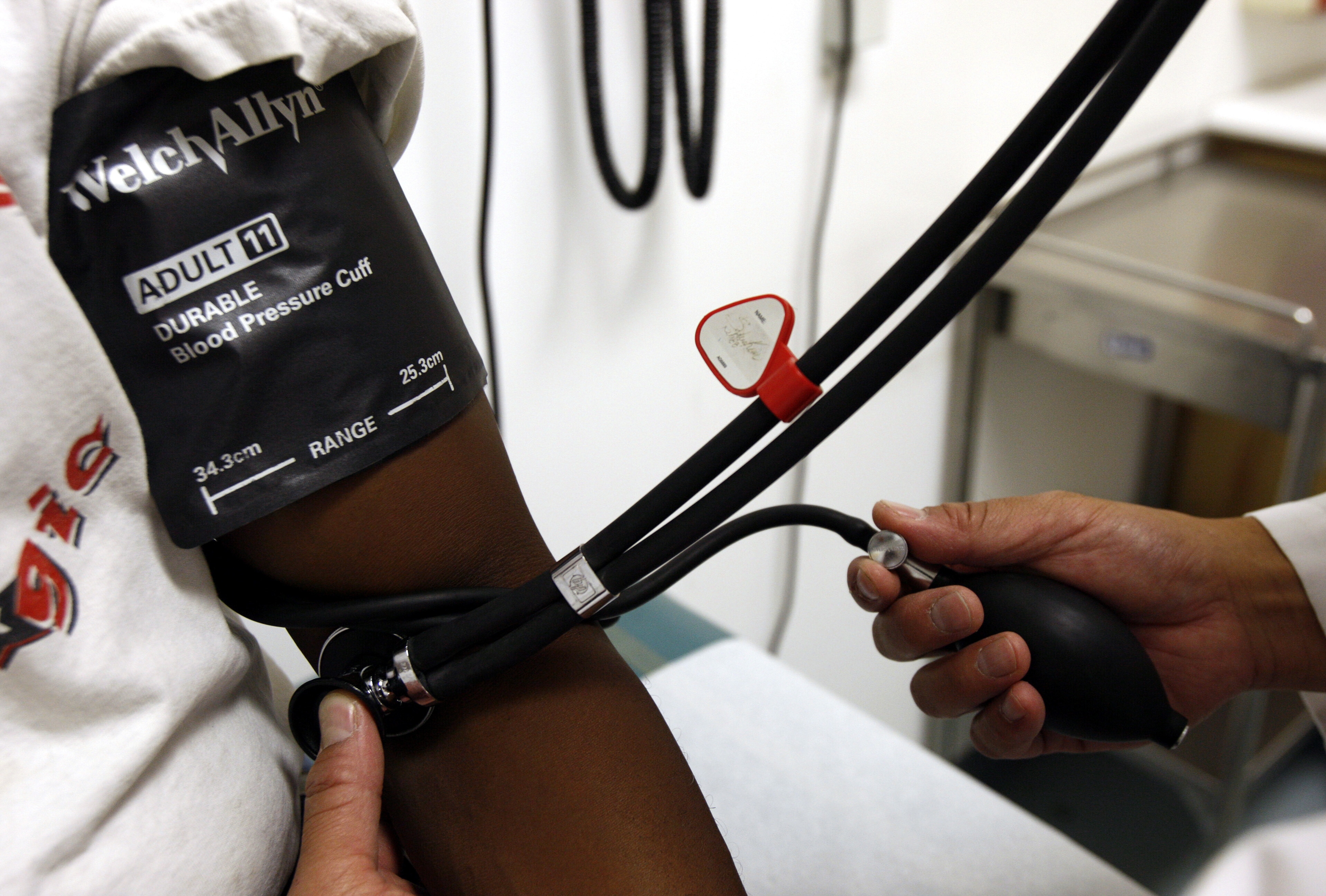COVID-19: What you need to know about the coronavirus pandemic on 20 August

Passengers sit between plastic barriers on public transport in Quezon City, Metro Manila, Philippines.
Image: REUTERS/Eloisa Lopez

Explore and monitor how COVID-19 is affecting economies, industries and global issues
Stay up to date:
COVID-19
- This daily round-up brings you a selection of the latest news updates on the COVID-19 coronavirus pandemic, as well as tips and tools to help you stay informed and protected.
- Top stories: Cases spike in India, France and Spain; the virus continues to spread in South Korea; and a difficult Eurozone economic outlook.
1. How COVID-19 is affecting the world
Confirmed cases of COVID-19 have now reached more than 22.4 million globally, according to the Johns Hopkins Coronavirus Resource Center. The number of confirmed coronavirus deaths now stands at more than 787,000.
South Korea has reported 288 new cases as of midnight Wednesday, suggesting a new outbreak shows no signs of slowing. “This is a grave situation that could possibly lead to a nationwide pandemic," said Vice Health Minister Kim Gang-lip.
Britain's economy won't reach its pre-pandemic size for two years, according to a Reuters poll of economists.
India recorded a record daily jump in COVID-19 cases of 69,672. Total cases have now reached 2.84 million, according to data from the federal health ministry.
In Spain, there was also a record increase in cases since the end of its strict lockdown - 3,715 new cases were reported in the previous 24 hours, the health ministry said Wednesday. France also recorded a post-lockdown peak, with 3,776 cases.
New Zealand has also reported new cases - five in total - as part of a fresh outbreak in Auckland. Some lockdown restrictions were reimposed last week.
Germany's environment ministry says it could meet its 2020 climate target, but would have missed the target were it not for the coronavirus pandemic.
2. COVID-linked violence
The International Committee of the Red Cross (ICRC) has recorded more than 600 cases of violence, harassment or stigmatization in relation to cases of COVID-19 since the pandemic began. But, the organization cautioned that the real number is likely much higher.
“This crisis has put healthcare workers in harm’s way at a time when they are needed the most,” the head of ICRC’s Health Care in Danger initiative, Maciej Polkowski, said in a statement.
“These attacks have a devastating impact on access to and provision of healthcare when many health systems are overwhelmed,” Polkowski added.
The ICRC added that attacks against medical staff, patients and medical infrastructure are likely driven by a fear of infection, anger at being unable to perform traditional burials or grief related to death.
What is the World Economic Forum doing to manage emerging risks from COVID-19?
3. Tough Eurozone economic outlook
A Reuters poll of economists suggests a challenging outlook for the Eurozone economy. Seventy percent of those questioned said it will take two or more years for the bloc's gross domestic product (GDP) to reach pre-COVID levels.
“Although there have been encouraging reports with regard to a potential (COVID-19) vaccine by early 2021, as long as there isn’t any effective one, containment measures will have to be kept in place regardless," said Elwin de Groot, head of macro strategy at Rabobank. "A second series of partial lockdowns could have some serious economic effects.”
The poll also warned that job recovery gains could reverse by the end of the year, as short-term work schemes come to an end. Eighty-five percent of those polled thought there was a high risk of this.
“Eurozone unemployment almost looks like a Cinderella story. With barely any increase in unemployment, it is currently the belle of the global labour market ball, at least compared to many other developed economies,” said Carsten Brzeski, Chief Economist at ING Bank.
“When the clock strikes midnight, however, and short-term work schemes come to an end, the fairy tale is unlikely to continue. We expect a second wave of job losses towards the end of the year and going into 2021.”
Accept our marketing cookies to access this content.
These cookies are currently disabled in your browser.
Don't miss any update on this topic
Create a free account and access your personalized content collection with our latest publications and analyses.
License and Republishing
World Economic Forum articles may be republished in accordance with the Creative Commons Attribution-NonCommercial-NoDerivatives 4.0 International Public License, and in accordance with our Terms of Use.
The views expressed in this article are those of the author alone and not the World Economic Forum.
Forum Stories newsletter
Bringing you weekly curated insights and analysis on the global issues that matter.
More on Health and Healthcare SystemsSee all
Ashwini Sharan and Abhishek Jain
September 15, 2025
Shyam Bishen
September 15, 2025
Andrew Hebbeler, Mayra Ameneiros and Valeria D’Amico
September 8, 2025








